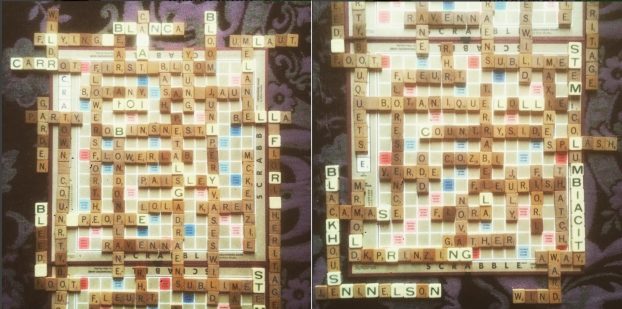Podcast: Play in new window | Download
Subscribe: Apple Podcasts | Podcast Index | RSS | More
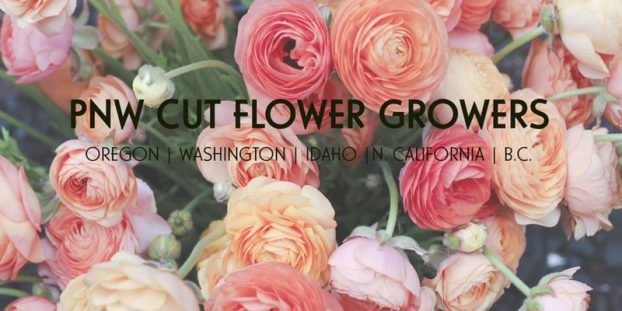 As I mentioned last week, I traveled to Corvallis, Oregon, recently to join the 3rd annual Pacific Northwest Cut Flower Growers “meet-up,” and that’s where I encountered the three guests you will hear from today.
As I mentioned last week, I traveled to Corvallis, Oregon, recently to join the 3rd annual Pacific Northwest Cut Flower Growers “meet-up,” and that’s where I encountered the three guests you will hear from today.
I’m going to keep the intros short, because you’ll want to hear the heart of these conversations.
 Today’s guests include Dave Dowling of Ednie Flower Bulb Co. and current board president of Association of Specialty Cut Flower Growers, and Lennie Larkin, a farmer-florist and owner of B. Side Farm & Floral Design in Sonoma County, serving as the west and northwest regional director for ASCFG.
Today’s guests include Dave Dowling of Ednie Flower Bulb Co. and current board president of Association of Specialty Cut Flower Growers, and Lennie Larkin, a farmer-florist and owner of B. Side Farm & Floral Design in Sonoma County, serving as the west and northwest regional director for ASCFG.
But first, please meet Elizabeth Bryant of Rose Hill Flower Farm, located just outside Portland. Elizabeth is a past guest of this podcast; she appeared with floral designer and friend Kailla Platt a few years ago. Here’s a link to their episode.
Elizabeth is a person with big ideas and beyond that; she’s a big idea person who acts on them. I remember when I first met her and she reached out to me with an unsolicited offer to connect me with people she knew at Slow Food USA . . . she felt they should know about Slow Flowers and hear what I was doing.
That led to an invitation from Slow Food for me to write an article for their newsletter, allowing us to reach the huge Slow Food community with the Slow Flowers message.
Later, Elizabeth instigated the first PNW Cut Flower Growers meet-up, bringing together a core team of volunteers to host the one-day session in early 2015. The vision she held is continuing on today with a dynamic cadre of fellow leaders in the Northwest region’s flower farming and farmer-florist world.
I sat down with Elizabeth during one of our short breaks and asked her to share details about her new project — called “Blooming on the Inside,” involving a flower farm and floral design workshops at Coffee Creek, Oregon’s only correctional facility for women. I know you’ll find it inspiring and I hope that you feel led to show your support by encouraging and even donating to the project.
I hope you’re moved to share your resources to support Blooming on the Inside’s campaign. Money isn’t the only way to help this project — you can follow the link to the funding page and just click on the Facebook logo to post this to your own page — making sure that more people learn about the opportunity. And as Elizabeth says, even a $5 donation makes a big difference!
Okay, next up, Dave Dowling and Lennie Larkin.
Dave Dowling owned a successful cut flower farm in Maryland for several years. He placed great emphasis on introducing young people to horticulture through employment on his farm, bringing them to the Association of Specialty Cut Flower Growers conferences, and mentoring them as they moved into their own cut flower businesses. Dave is responsible for the success of many new growers across the country. His generosity and enthusiasm for sharing are unparalleled.
Annually, ASCFG awards the Dave Dowling Scholarship, open to all undergraduate or graduate students working toward a two- or four-year degree, or a graduate degree, in horticulture or floriculture. Dave juggles president duties with his “day job,” as sales representative and warehouse manager for Ednie Flower Bulb, based in Fredon, New Jersey.
Thanks so much for listening today. The Slow Flowers Podcast has been downloaded more than 162,000 times by listeners like you.
THANK YOU to each one of you for downloading, listening, commenting and sharing. It means so much.
If you value the content you receive each week, I invite you to show your thanks and support the Slow Flowers Podcast with a donation — the button can be found on our home page in the right column. Your contributions will help make it possible to transcribe future episodes of the Podcast.
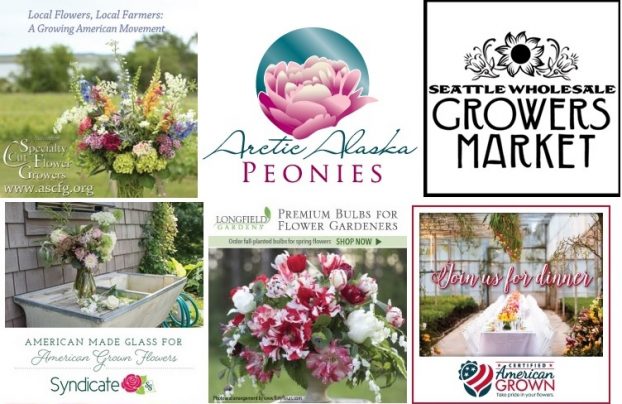 Thank you to our lead sponsor for 2017: Certified American Grown Flowers. The Certified American-Grown program and label provide a guarantee for designers and consumers on the source of their flowers. Take pride in your flowers and buy with confidence, ask for Certified American Grown Flowers. To learn more visit americangrownflowers.org.
Thank you to our lead sponsor for 2017: Certified American Grown Flowers. The Certified American-Grown program and label provide a guarantee for designers and consumers on the source of their flowers. Take pride in your flowers and buy with confidence, ask for Certified American Grown Flowers. To learn more visit americangrownflowers.org.
We’re also grateful for support from Arctic Alaska Peonies, a cooperative of 50 family farms in the heart of Alaska providing high quality, American Grown peony flowers during the months of July and August. Visit them today at arcticalaskapeonies.com
And welcome to our newest sponsor, the Seattle Wholesale Growers Market, a farmer-owned cooperative committed to providing the very best the Pacific Northwest has to offer in cut flowers, foliage and plants. The Growers Market’s mission is to foster a vibrant marketplace that sustains local flower farms and provides top-quality products and service to the local floral industry. Find them at seattlewholesalegrowersmarket.com.
Longfield Gardens has returned as a 2017 sponsor, and we couldn’t be happier to share their resources with you. Longfield Gardens provides home gardeners with high quality flower bulbs and perennials. Their online store offers plants for every region and every season, from tulips and daffodils to dahlias, caladiums and amaryllis. Visit them at lfgardens.com.
And finally, thank you Association of Specialty Cut Flower Growers. Formed in 1988, ASCFG was created to educate, unite, and support commercial cut flower growers. It mission is to help growers produce high-quality floral material, and to foster and promote the local availability of that product. Learn more at ascfg.org
I’m Debra Prinzing, host and producer of the Slow Flowers Podcast. Next week, you’re invited to join me in putting more American grown flowers on the table, one vase at a time. And If you like what you hear, please consider logging onto Itunes and posting a listener review.
The content and opinions expressed here are either mine alone or those of my guests alone, independent of any podcast sponsor or other person, company or organization.
The Slow Flowers Podcast is engineered and edited by Andrew Brenlan. Learn more about his work at KineticTreeFitness.com









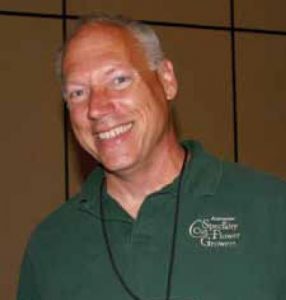
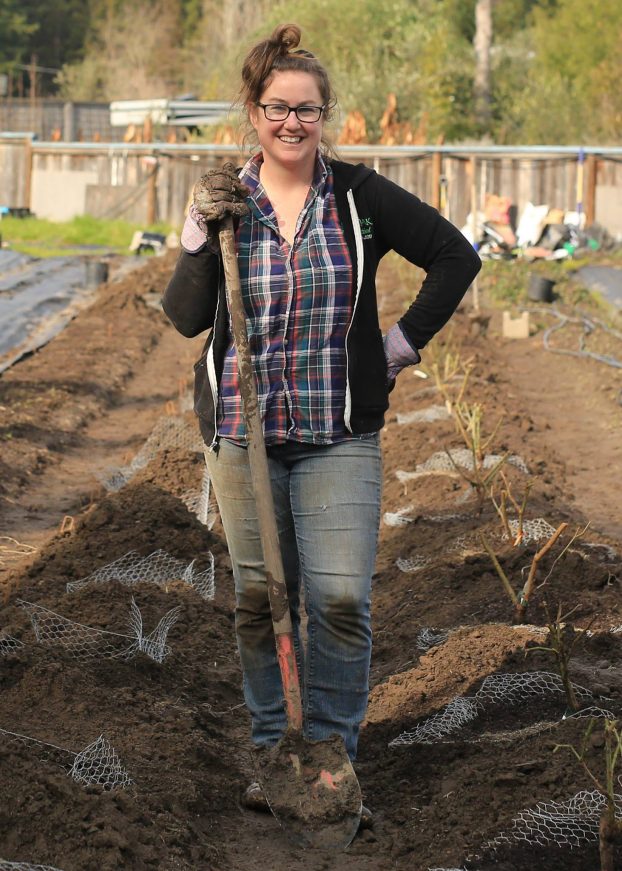
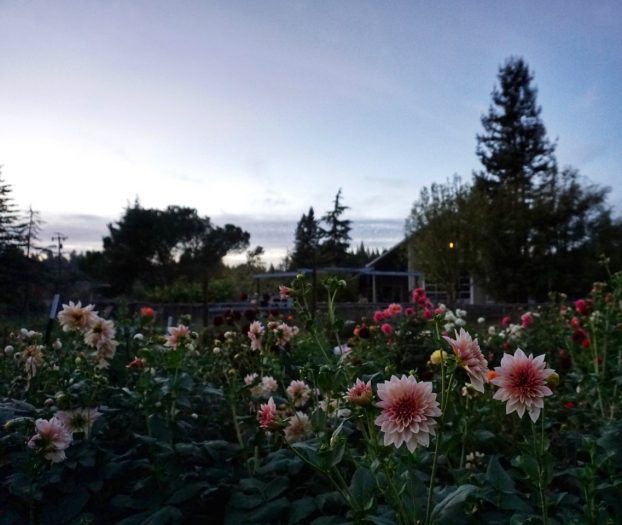
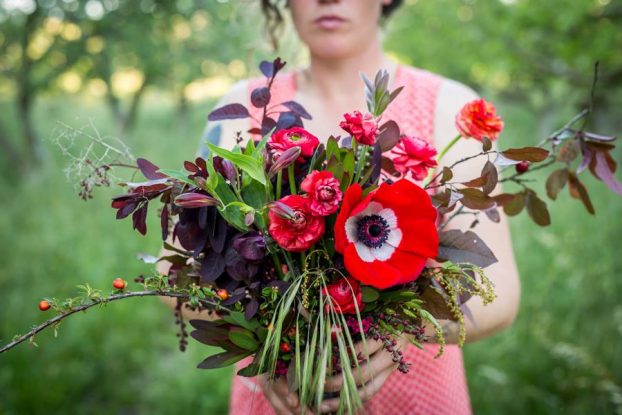
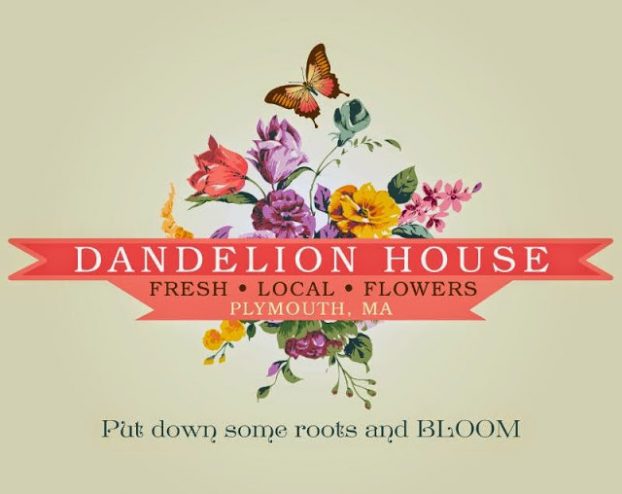
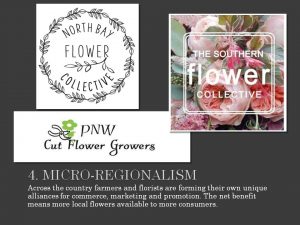
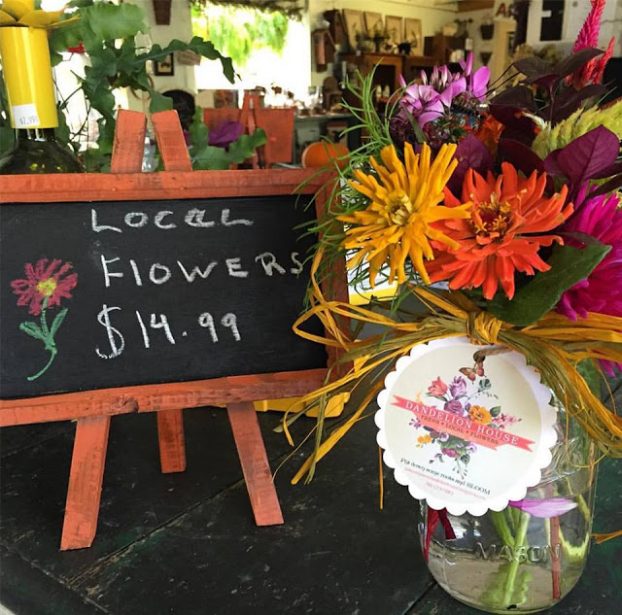
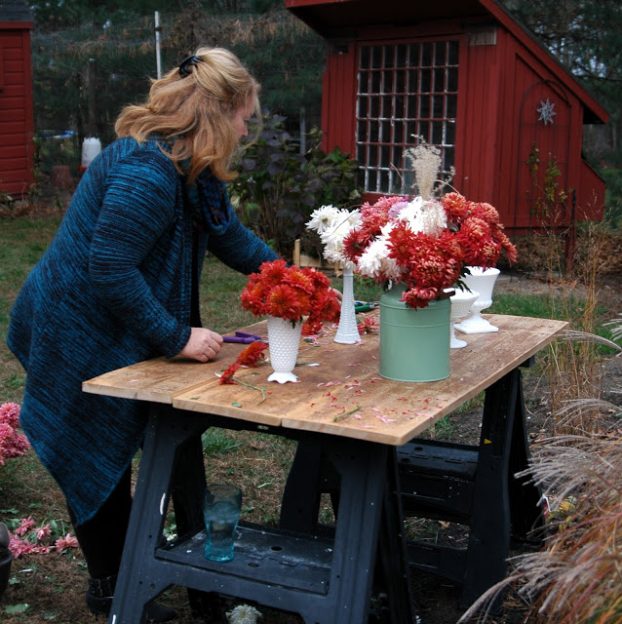
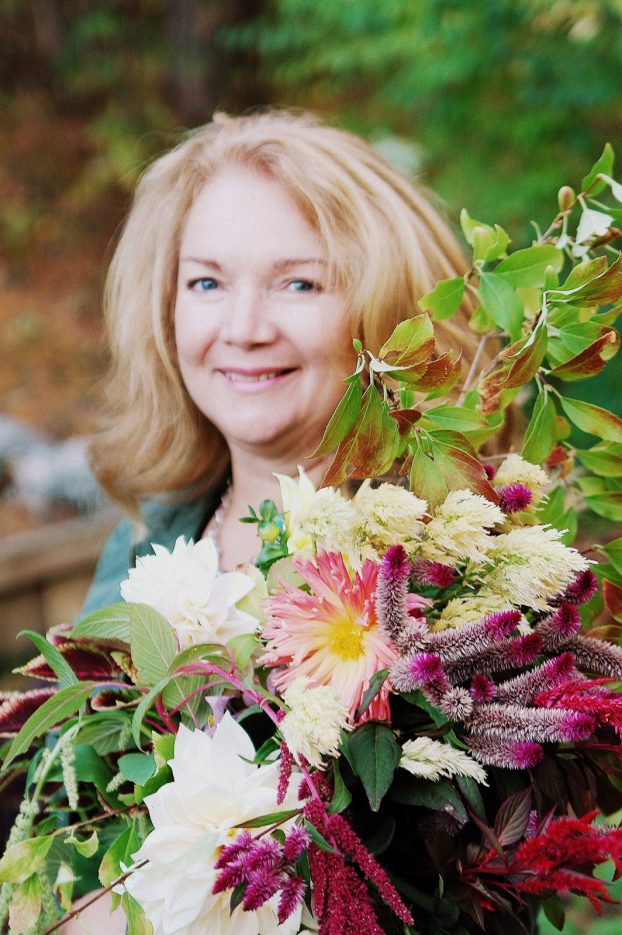




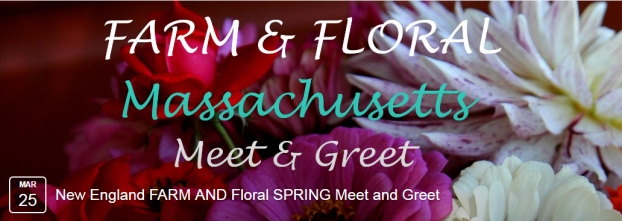
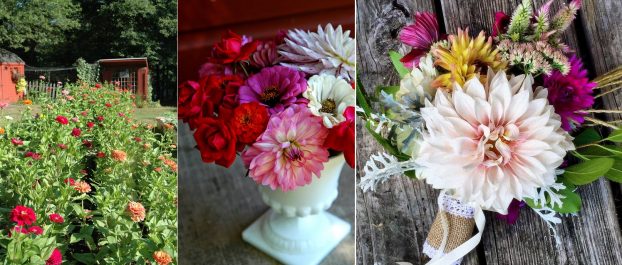
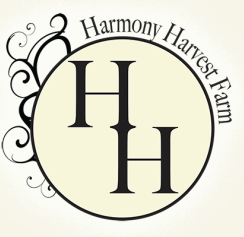
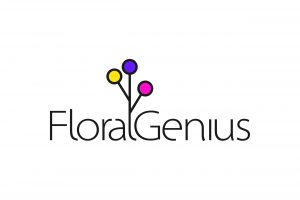
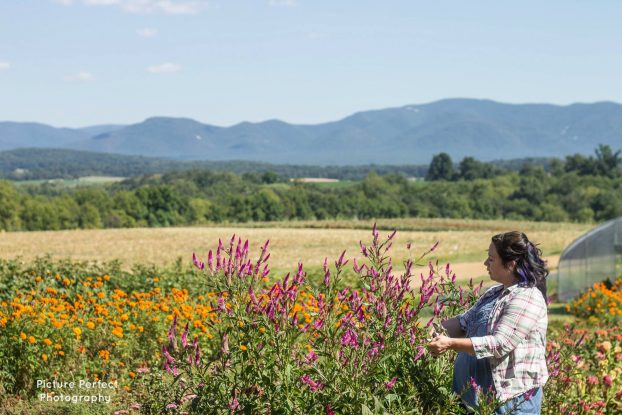
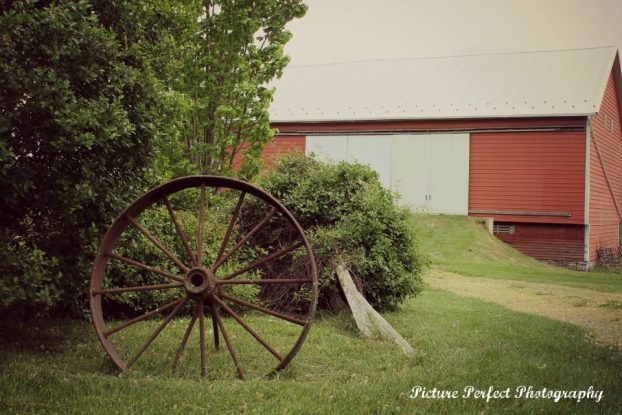
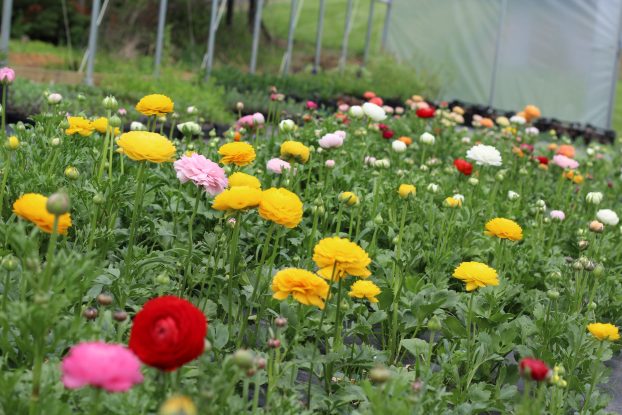
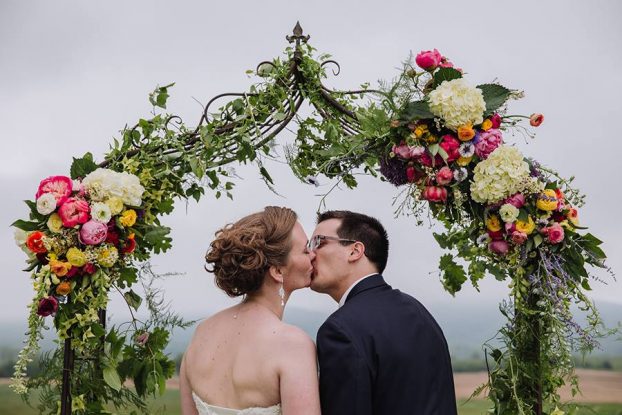
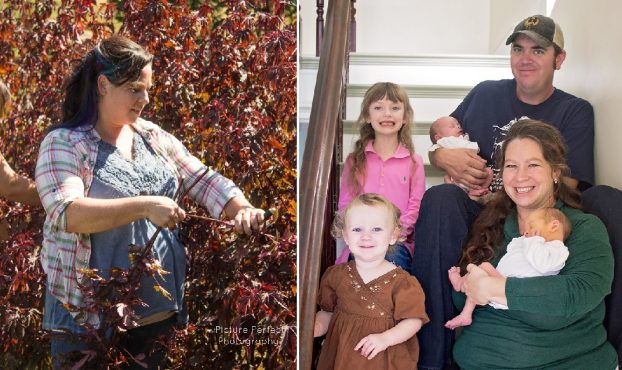
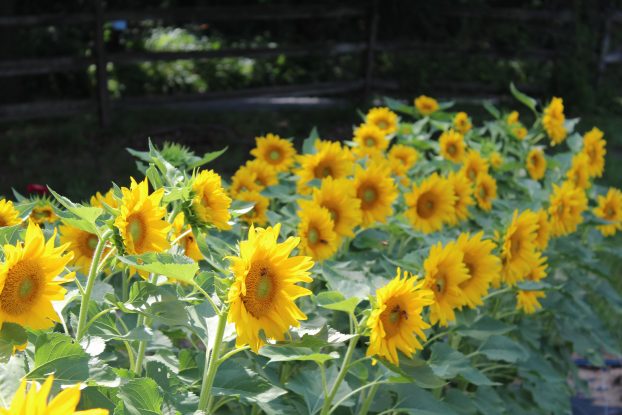
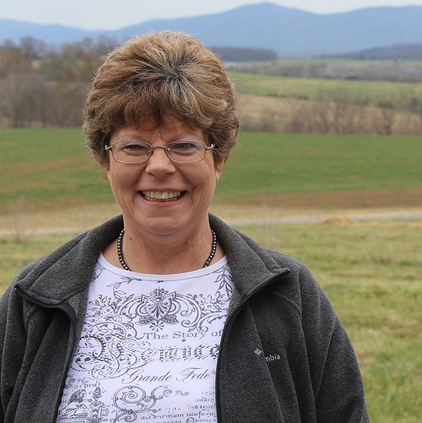
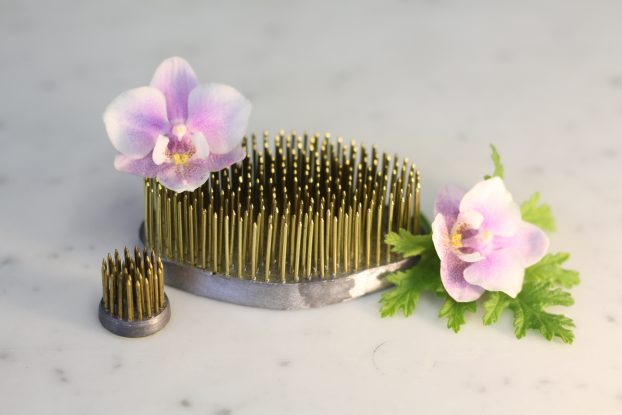
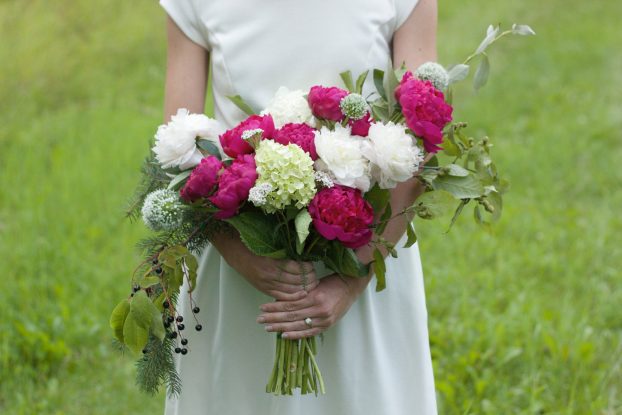
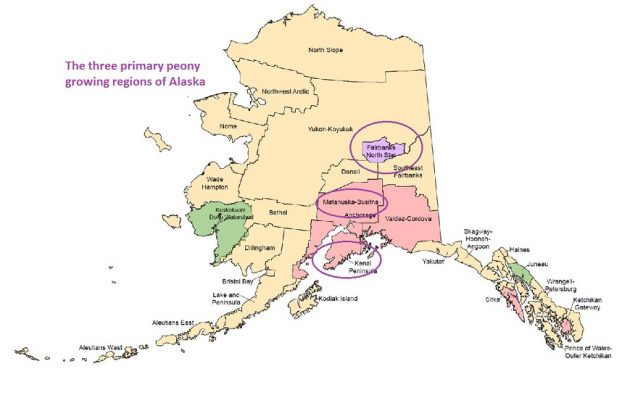
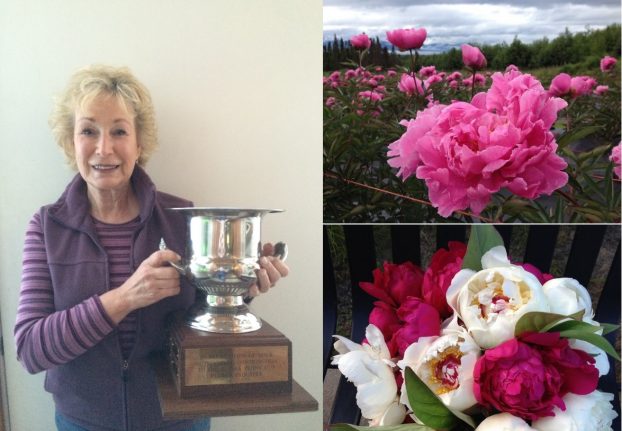
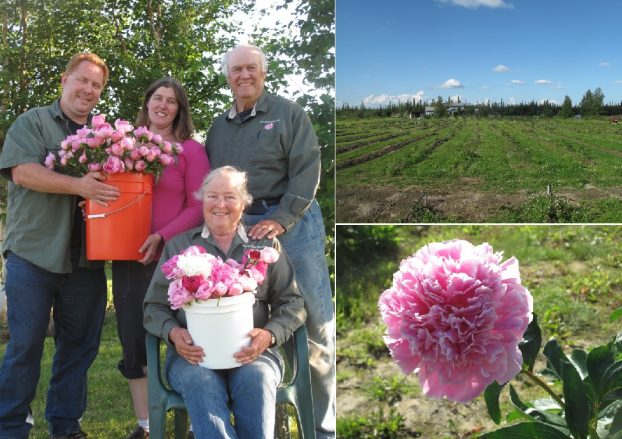
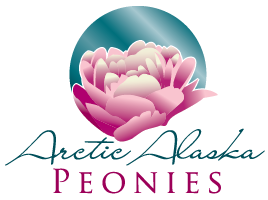
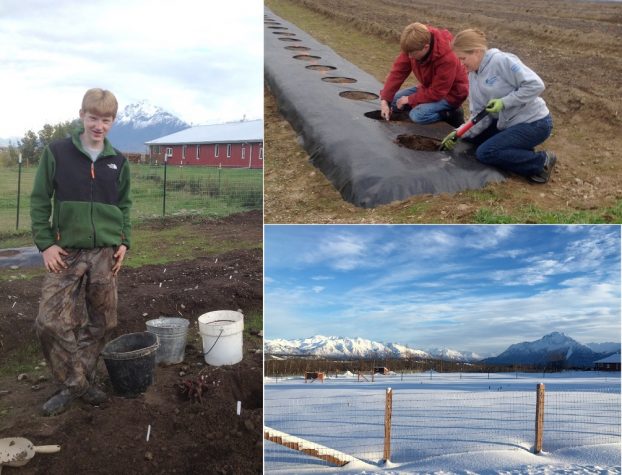
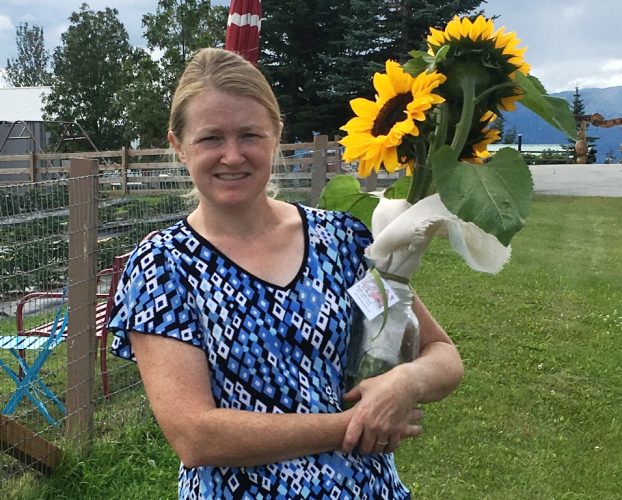
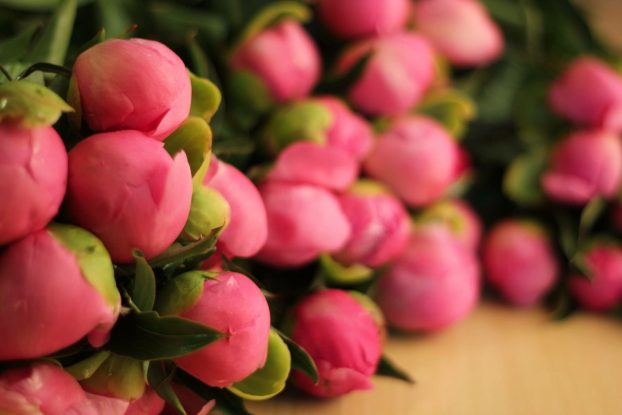
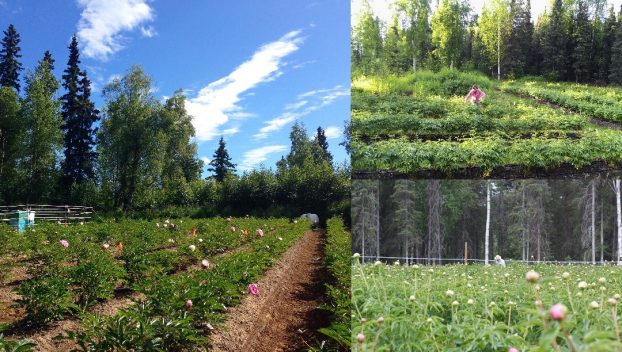
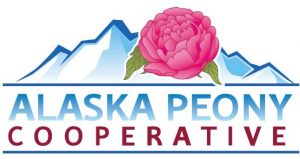
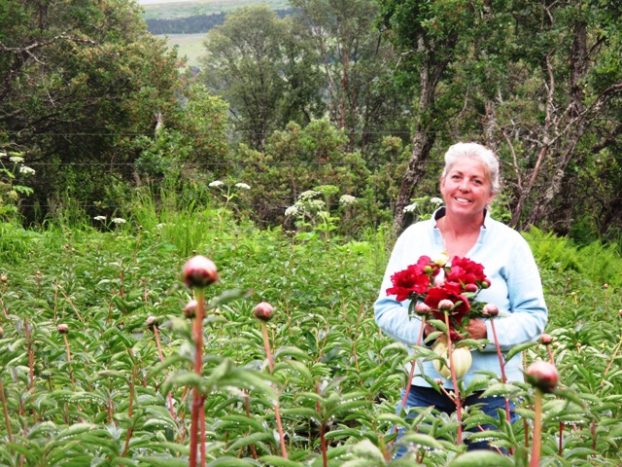
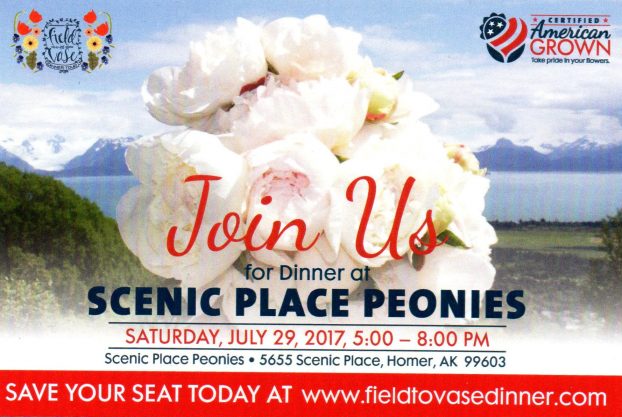
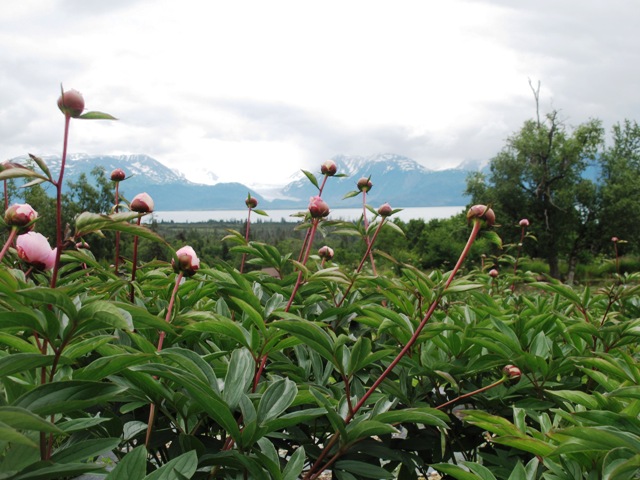
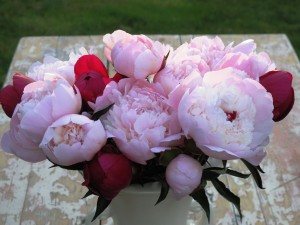
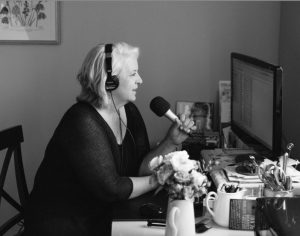
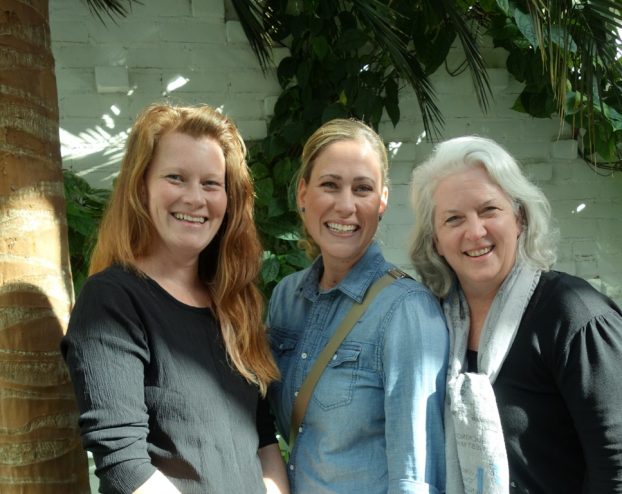
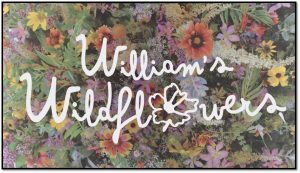

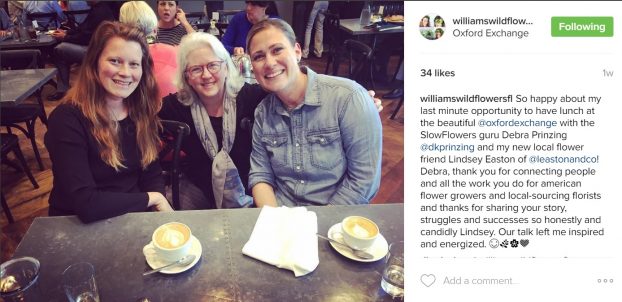
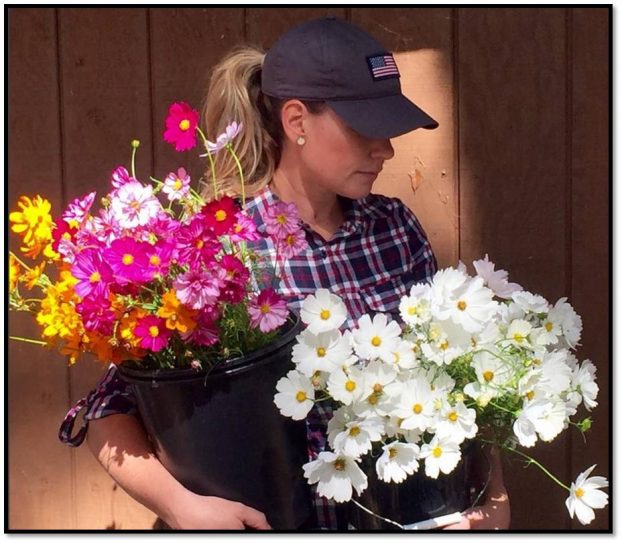
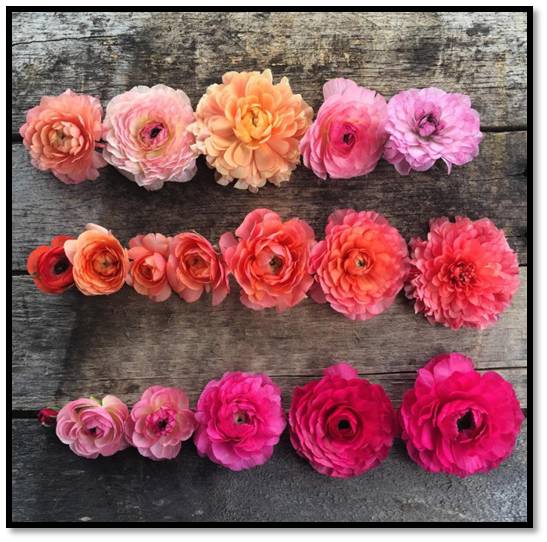
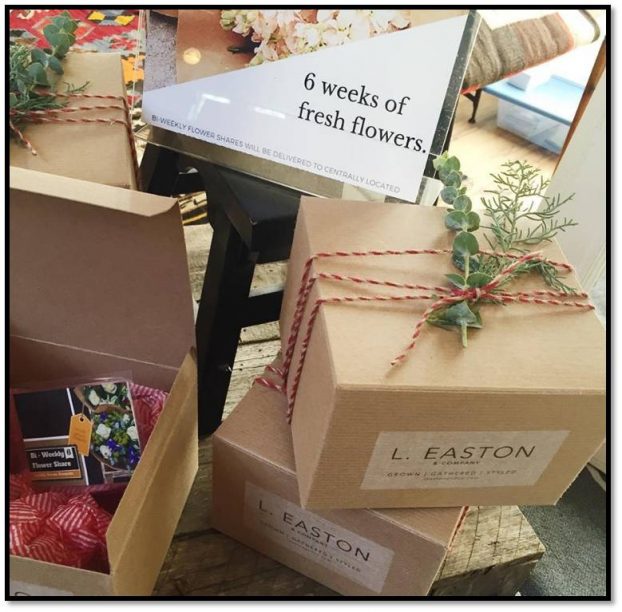
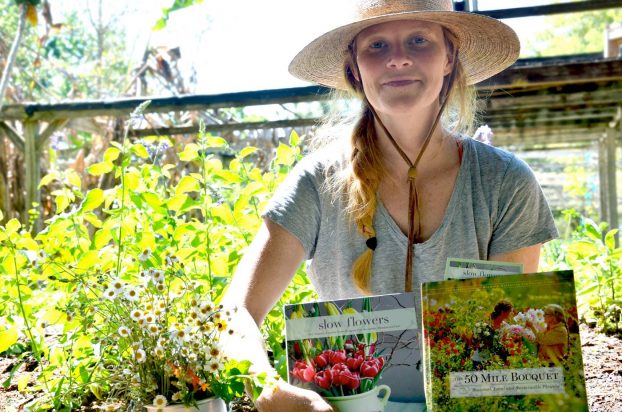
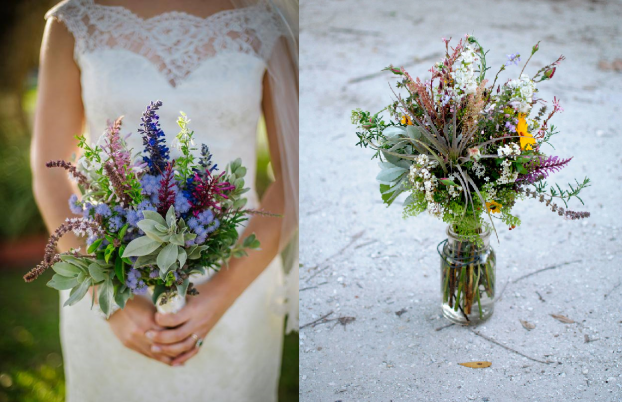
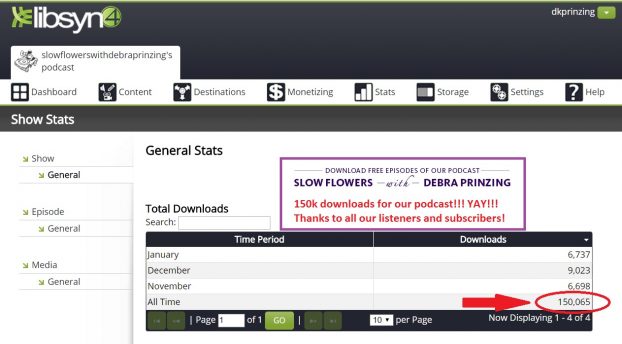
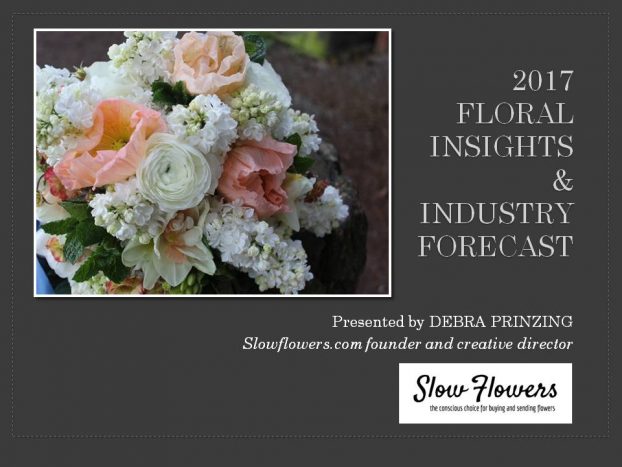
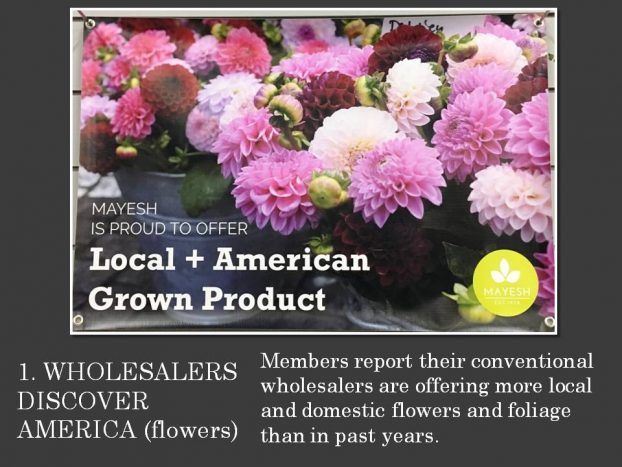
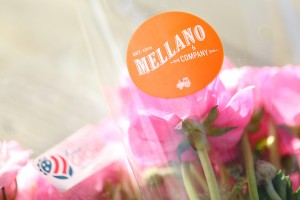
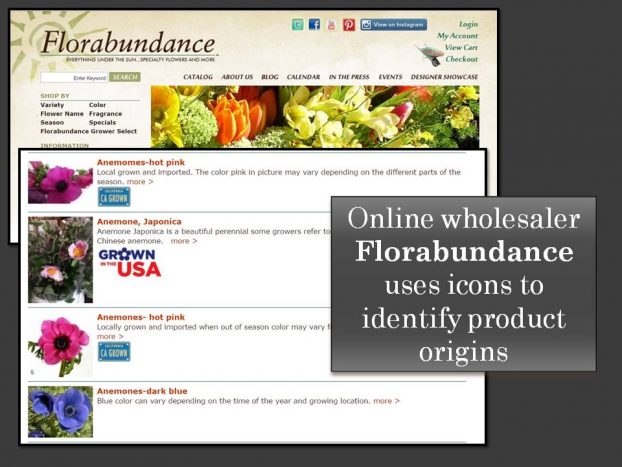
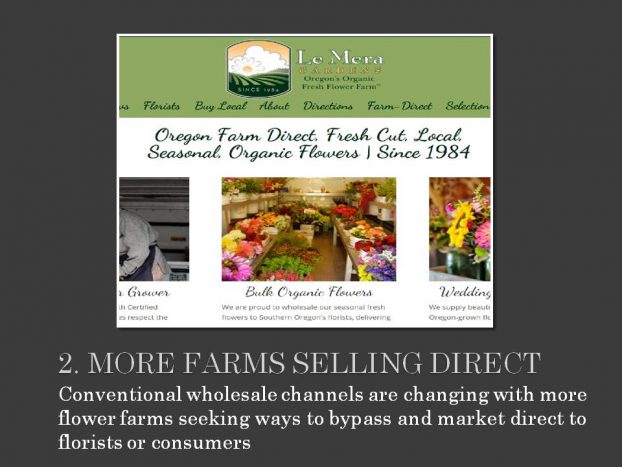
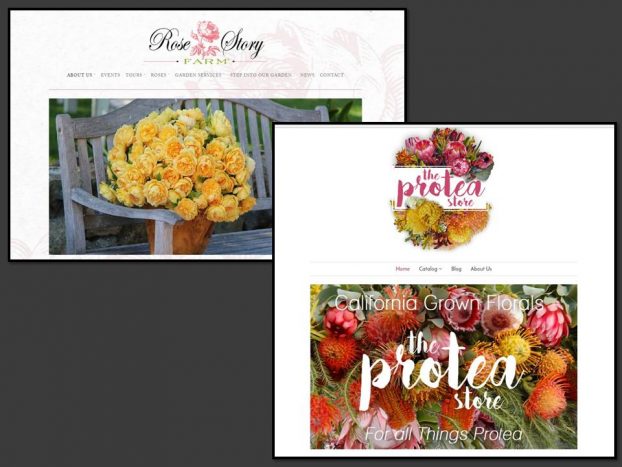
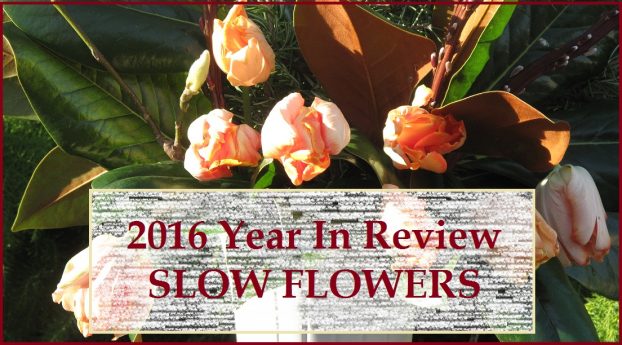

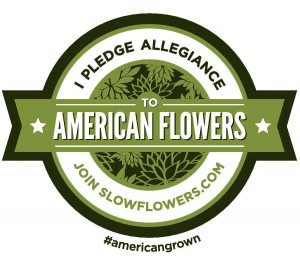
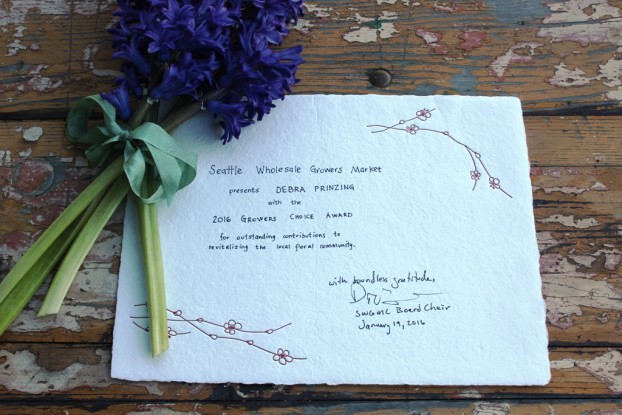
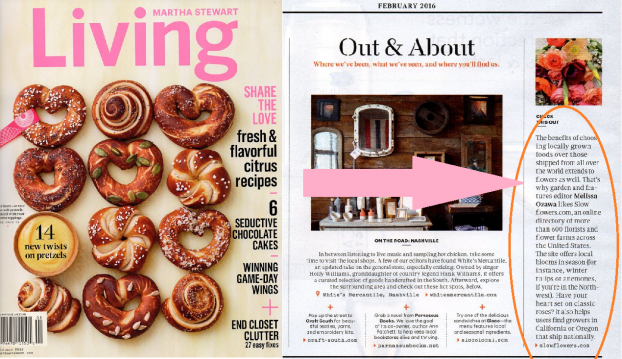
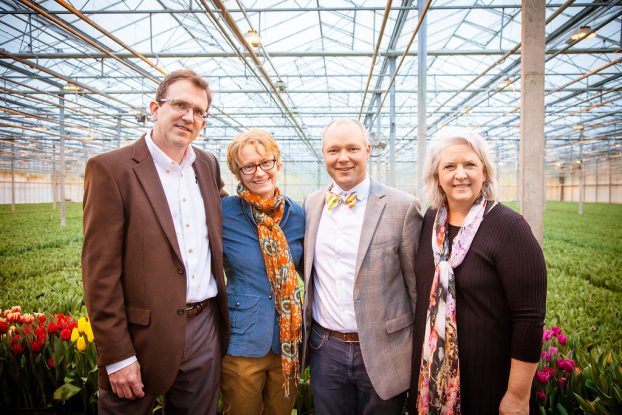
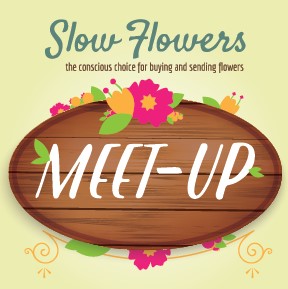
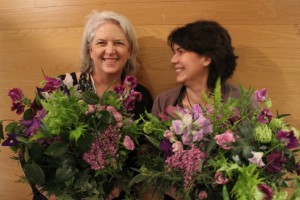
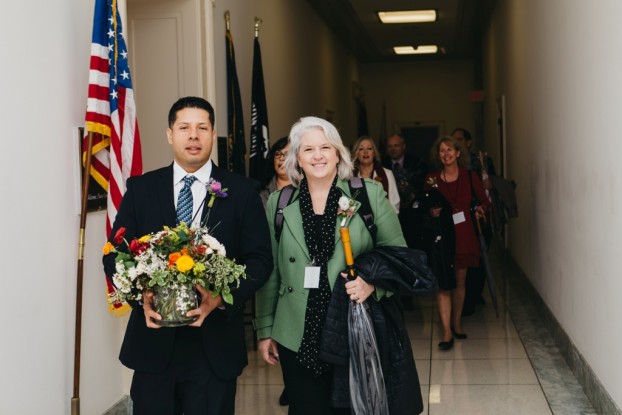
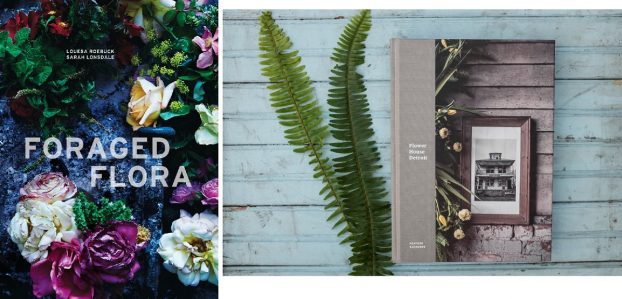
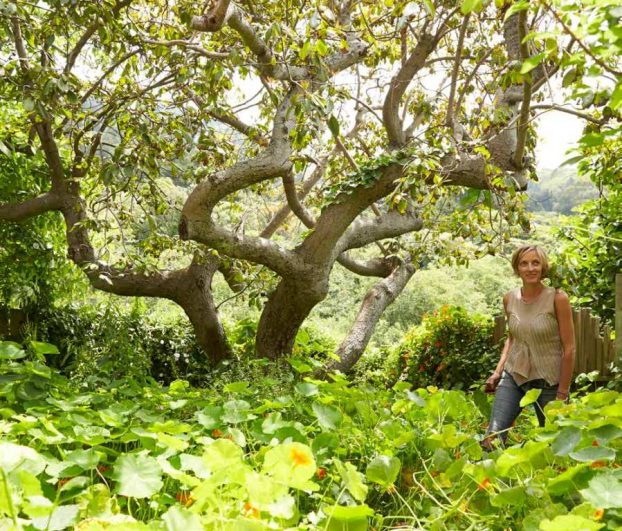
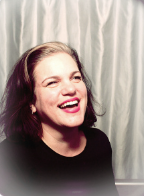
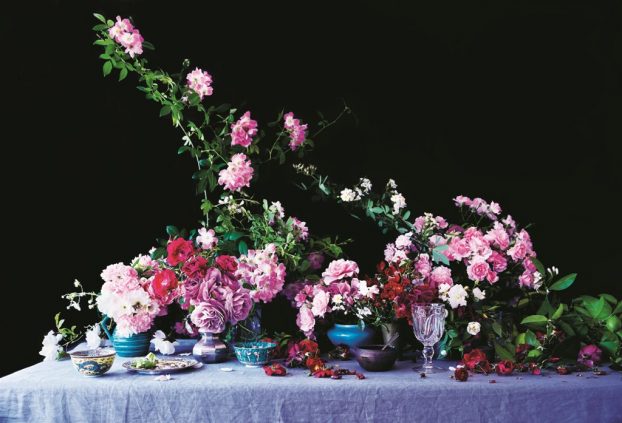
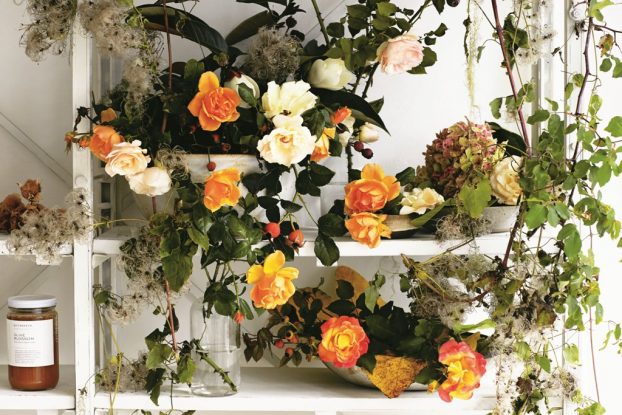
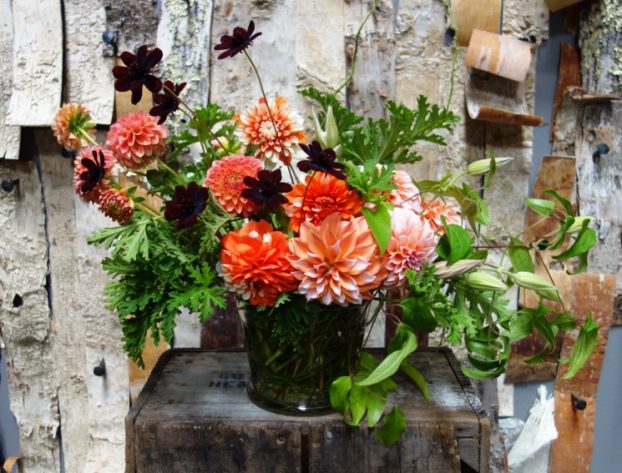
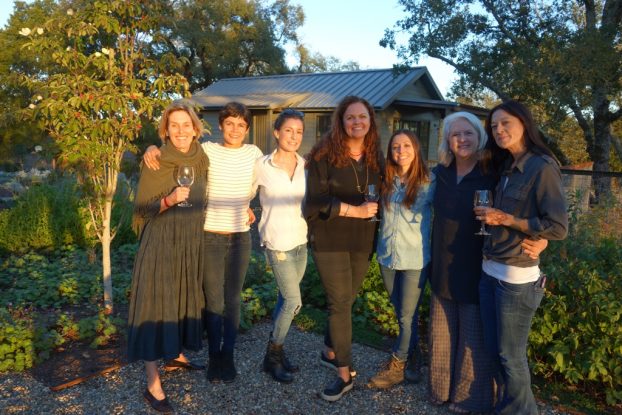
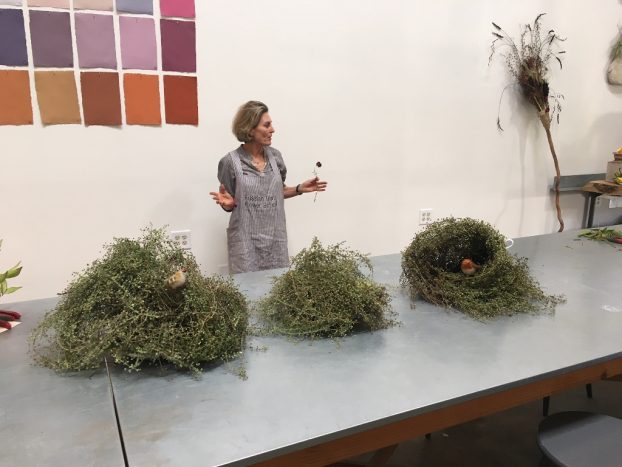
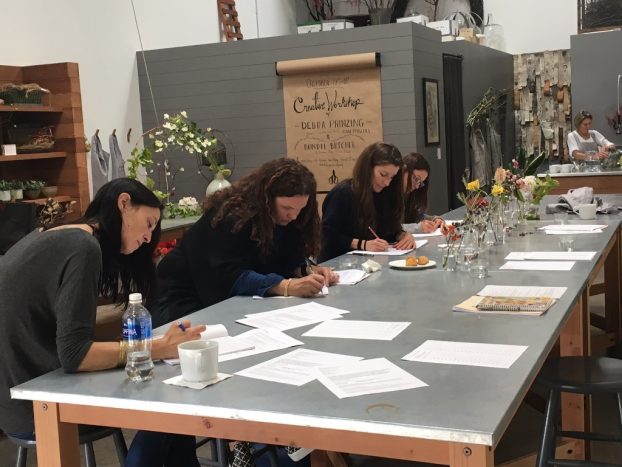
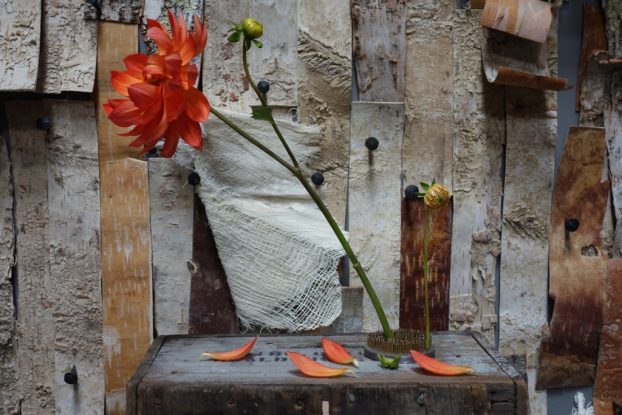
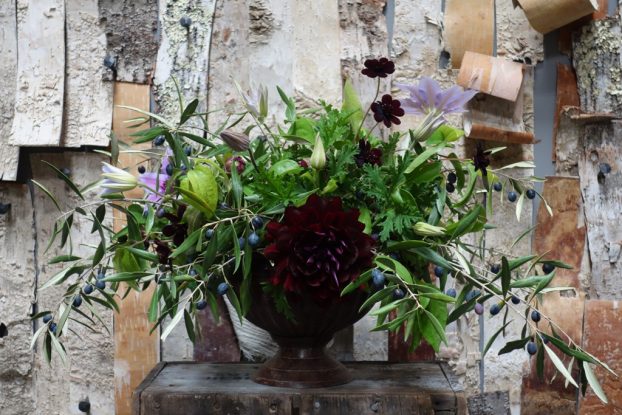
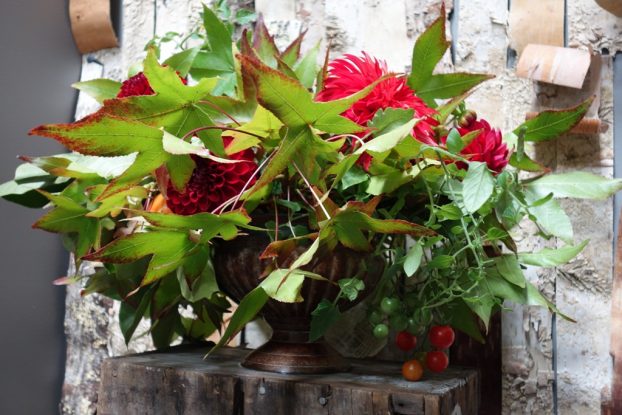
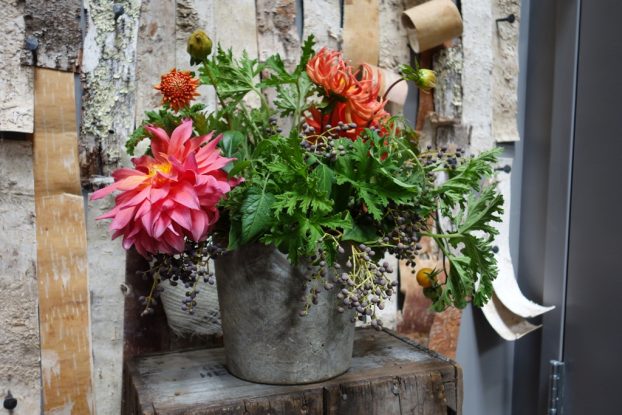
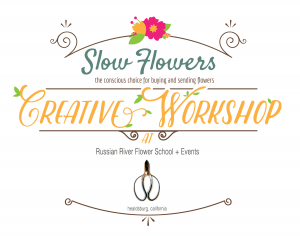 If you’re interested in participating in an upcoming Slow Flowers Creative Workshop, be sure to let me know. I’m planning one for the Seattle area in early March — details to come!
If you’re interested in participating in an upcoming Slow Flowers Creative Workshop, be sure to let me know. I’m planning one for the Seattle area in early March — details to come!
